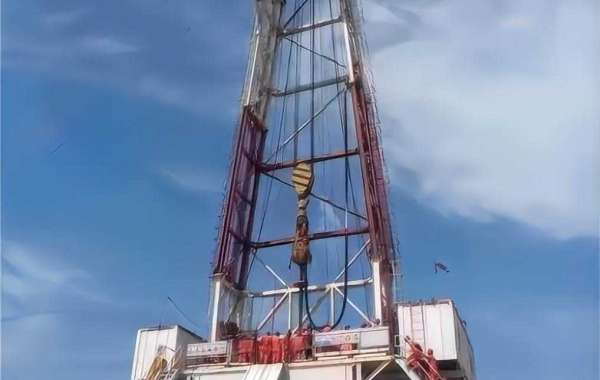The construction of oil rigs is essential for meeting global energy demands, but it also has significant consequences for marine ecosystems. From habitat disruption to pollution, the process of building and operating offshore drilling platforms can harm ocean life in various ways. Understanding these impacts is crucial for developing more sustainable practices in the oil and gas industry.
- Habitat Destruction
The initial stage of oil rig construction involves seismic surveys, which use loud airgun blasts to locate oil reserves beneath the seabed. These intense sound waves can disorient and harm marine mammals like whales and dolphins, which rely on sound for communication and navigation. Additionally, the physical installation of rigs disrupts seabed habitats, destroying coral reefs and benthic ecosystems that serve as breeding and feeding grounds for countless marine species.
- Water Pollution
Drilling operations release toxic chemicals and heavy metals into the ocean, including drilling muds, crude oil, and wastewater. Even small leaks can contaminate the water, affecting fish, plankton, and other marine organisms. Oil spills—whether from accidents or routine operations—can have devastating long-term effects, coating marine life in toxic substances and leading to mass mortality events.
- Noise Pollution Affecting Marine Life
The constant noise from drilling, ship traffic, and machinery interferes with marine animals' ability to hunt, navigate, and communicate. Many species, such as whales and fish, depend on sound for survival, and excessive noise pollution can lead to behavioral changes, strandings, and even population declines.
- Introduction of Invasive Species
Oil rigs act as artificial reefs, attracting marine life. However, they also facilitate the spread of invasive species that hitch rides on rig structures or ships. These invasive organisms can outcompete native species, disrupting local food chains and biodiversity.
- Long-Term Ecosystem Changes
Even after decommissioning, abandoned rigs can leave behind debris and pollutants that continue to harm marine environments. While some rigs are converted into artificial reefs, the long-term ecological effects remain uncertain.
Conclusion
While oil rigs are vital for energy production, their construction and operation pose serious risks to marine ecosystems. Stricter regulations, better spill response plans, and investments in renewable energy alternatives can help mitigate these impacts. By adopting more sustainable practices, we can balance energy needs with the protection of our oceans.














